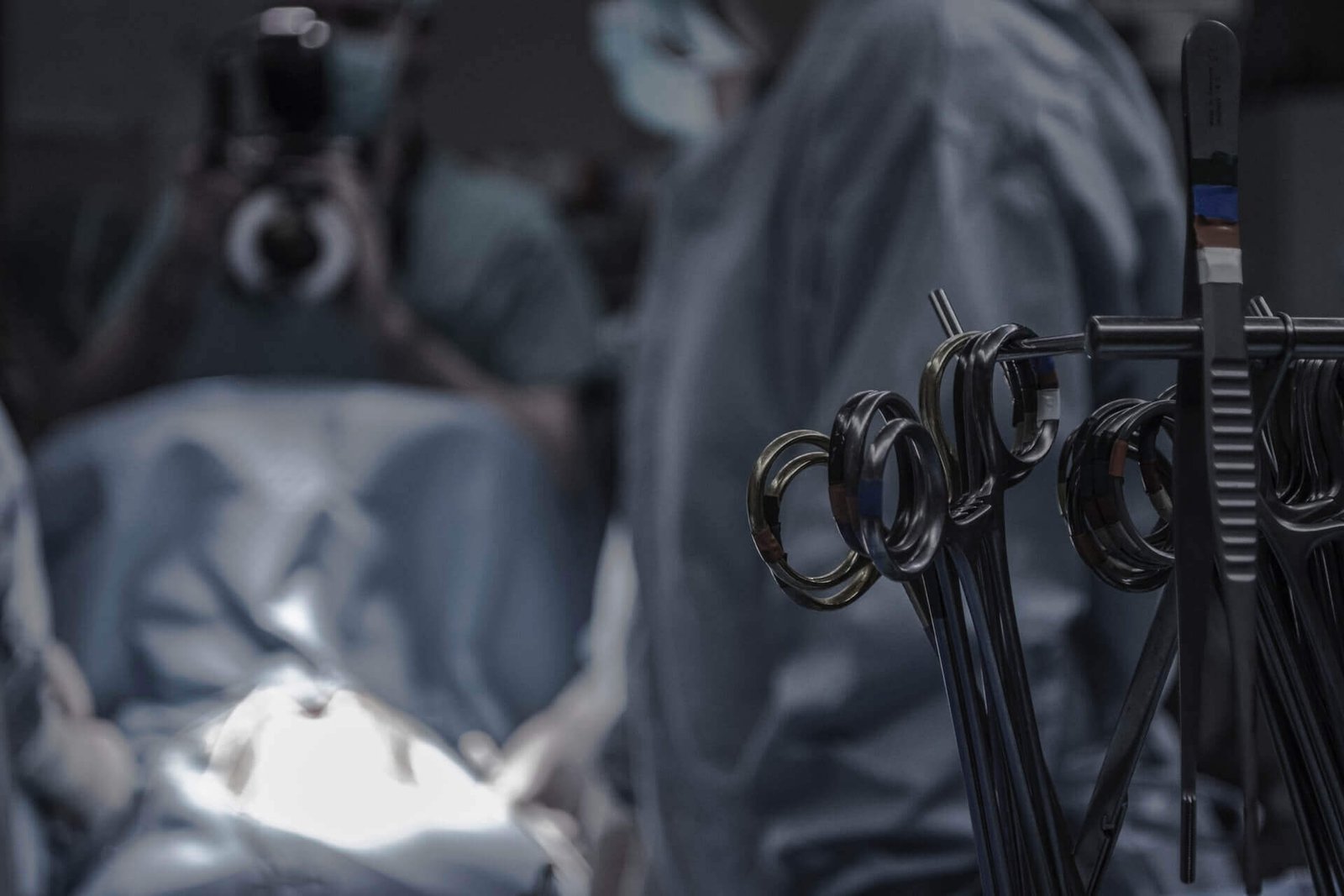If you have been diagnosed with something that requires you to undergo laparoscopy, then you are probably curious what exactly that surgery is and what are the things that you should be prepared for. We are going to discuss the most common causes for laparoscopy to how it is done, so you can enter the procedure with a clear mind.
What is laparoscopy?
It is a diagnostic procedure where the surgeon can examine the organs inside the abdomen. Being a minimally invasive procedure, there is a little risk to it, and only small incisions will be made. During the procedure, the surgeon is going to use an instrument called a laparoscope, which is a long, thin tube that has a high-resolution camera at the front.
By using the camera and the high-intensity light, the instrument is inserted through the small incision, and it is then moved along the abdominal wall. The camera sends a live feed to a monitor, which allows the doctor to observe the insides of the abdomen in real-time, without open surgery. Biopsy samples can also be obtained during laparoscopy.
You can find more information about this procedure by consulting with your local gynecologist before you undergo the procedure if that is what you prefer.
Abdominal pain is usually a good indicator for laparoscopy and other mentioned diagnostic methods
Why is it performed?
The most common reason for laparoscopy is to diagnose or confirm the diagnosis of pelvic and abdominal pain. It is performed when non-invasive methods are not available or not helpful with the diagnosis. While laparoscopy is a great procedure to confirm a diagnosis, before you undergo this procedure, you might undergo an ultrasound, CT scan, or an MRI scan first.
Laparoscopy gives much better results than the other mentioned diagnostic methods, especially when it comes to getting a sample for biopsy from a particular organ. The organs that a doctor’s mind recommends a laparoscopy for are the appendix, gallbladder, liver, pancreas, small intestine, spleen, stomach, and pelvic and reproductive organs.
What are the most common causes?
The most common causes for laparoscopy are suspicions of an abdominal mass or tumor, fluid in the abdominal cavity, liver disease, to observe cancer progression, or to observe the effectiveness of treatment. Getting results about adhesions, surgical scars, hernias, cysts, fibroids, endometriosis, pelvic inflammatory disease, and many other things can cause a doctor to send you to get a laparoscopy.
How do you prepare for the procedure?
You will always be instructed by the surgeon on how you should prepare for the procedure, but in case you would like to know beforehand, we got you covered. For starters, you should consult with the doctor about any medication you are taking, so they can tell you how and if you should take them before the procedure.
Other than that, you will receive medication that will help you go through a laparoscopy easier. These medications include some anticoagulants, nonsteroidal anti-inflammatory drugs, herbal or dietary supplements, and vitamin K.
It is important to inform your doctor if you are pregnant or if you might think that you are pregnant, even if you will most likely undergo a gynecological exam before laparoscopy. Also, be expected to undergo a couple of standard tests like blood tests, urinalysis, a chest X-ray, and an electrocardiogram.
As we mentioned before, an ultrasound or an MRI might be necessary as well, as it will help the surgeon understand what they are dealing with before they insert the laparoscope into your abdominal area where the incision is made.
The most annoying part of the preparation for laparoscopy is similar to other surgical procedures, which is that you will have to avoid eating and drinking for at least eight hours before the procedure. Finally, arranging for someone to pick you up after the procedure is also recommended.
The laparoscope – instrument used by the surgeon for laparoscopy
How long is the recovery period?
If you decide to undergo a laparoscopic surgery, after the procedure is done, you will be observed for a couple of hours before you are released from the hospital. The monitoring is necessary as the hospital staff has to observe your vital signs, as well as any adverse reactions to the anesthesia or the procedure itself, such as bleeding.
As you are released home, you will feel slight discomfort and perhaps a bit of pain, but it will get better over the course of a few days. You can expect to resume all normal activities within a week, but be prepared to do a checkup with your doctor after two weeks.
Final word
Modern medicine has come quite a long way, as procedures like laparoscopy would not be possible in the past. By using this interesting technique, a lot of patients are saved from various conditions that could ruin their lives if they were not discovered in time, thanks to the ease of access for the biopsy that the procedure gives.

